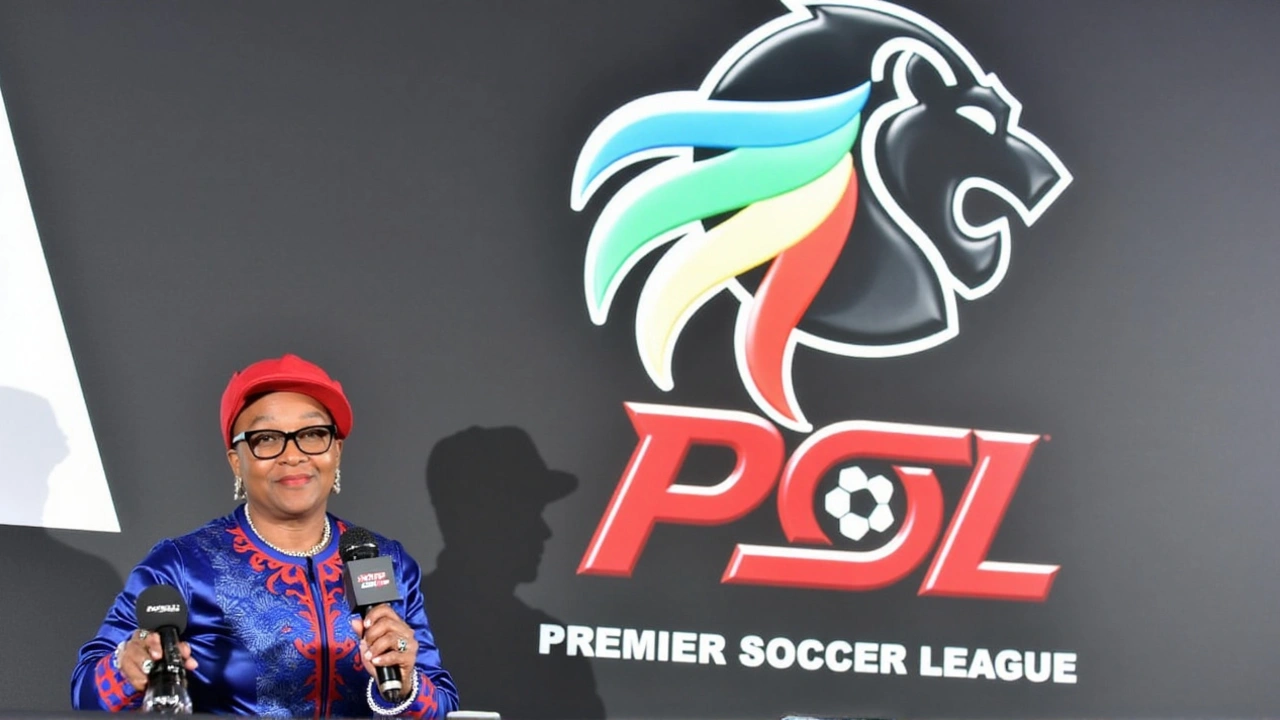Sports Betting Ban: What You Need to Know
If you're into sports betting or just curious about the recent buzz, you've probably heard about the sports betting ban. This topic is heating up in South Africa and beyond as governments rethink gambling rules to tackle concerns like addiction and illegal betting.
So, what is this ban really about? It's basically a move to restrict or pause sports betting activities to protect public interest. The main goal is to cut down on gambling problems, especially among younger players and vulnerable communities who might lose more than they can afford.
How Does the Ban Impact You?
If you regularly place bets on sports, you might notice certain platforms reducing their offers, or some markets just disappearing. This ban can limit where and how you bet, affecting both casual and serious bettors. But it might also push some people towards underground betting options, which lack any consumer protection or fairness guarantees.
For the wider sports industry, the ban means less sponsorship money from betting companies, which can touch everything from local teams to big tournaments. At the same time, authorities hope this curbs corruption risks tied to gambling.
What’s Next for Sports Betting?
Many people are waiting to see if the ban becomes permanent, gets lifted, or changes into tighter regulations. Some experts suggest better controls, like clear licensing and spending limits, can balance fun and safety without full bans. If you're following the story, keep an eye on official announcements and how local laws evolve—from licensing rules to advertising limits.
Want to stay ahead? Look out for updates from reliable news sources and the government. Knowing your rights and the rules helps you enjoy sports betting responsibly if it's allowed. And if it’s not, this could be the moment to look for new ways to enjoy your favorite sports without betting involved.
PSL Enforces Betting Ban on Players to Uphold Game Integrity
The Premier Soccer League (PSL) has prohibited its players from betting with Betway due to recent match-fixing scandals. Acting CEO Mato Madlala highlighted the need to maintain game integrity and prevent betting-related corruption. Violators could face penalties, including fines and suspensions, as the PSL collaborates with SAFA to enforce the ban and educate players on its importance.
Julian Parsons | Sep, 5 2024 Read More
